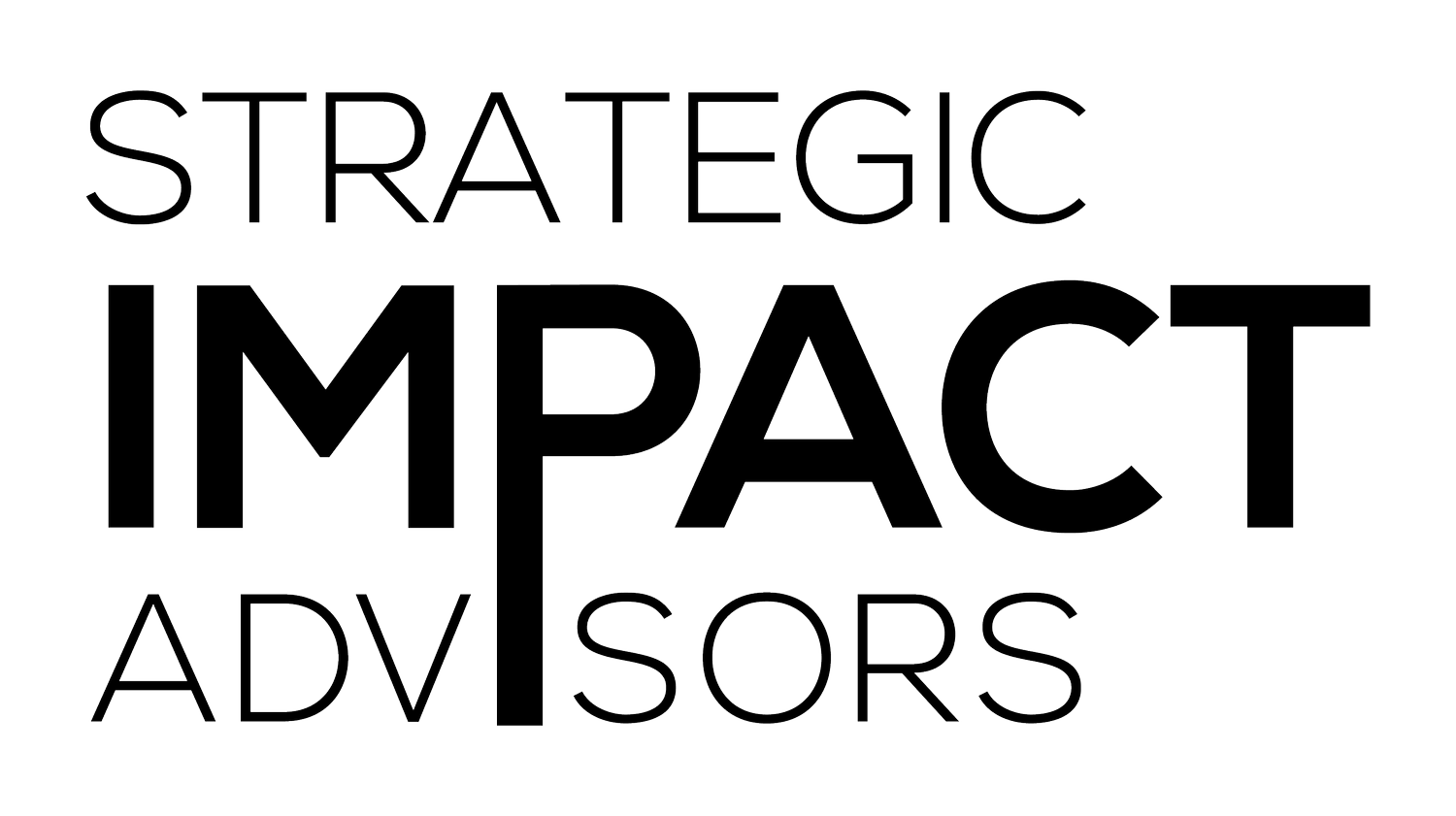Digital cash transfers in Liberia
While in Liberia last year, I met Joejoe Zubahyea, responsible for managing mobile money agents in Bong County. Is he a Super Agent, responsible for providing liquidity to small retail mobile money agents, you might ask? The answer to that question would be a resounding no. In fact, he is a program officer at a large international NGO in Liberia, which is implementing an unconditional cash transfer program to help improve the livelihoods of 5,000 beneficiaries effected by the Ebola crisis. Recently, some NGOs and government ministries have started using commercial mobile money platforms to transfer a variety of different payments. Yet, while the digital platforms exist for these payments to occur through mobile channels, the underlying mobile money agent infrastructure is sorely lacking.
When organizations use mobile money to pay many people at once, it can be referred to as a bulk payment. As can be seen in our research (Digital Cash Transfers in Liberia), mobile money bulk payment products require a different approach than is available in typical mobile money ecosystems.
One of the starkest differences between a typical mobile money system that processes mostly Person to Person (P2P) transactions vs. one that easily enables making bulk payments is the need for an extraordinarily large amount of cash in certain areas and at specific times. In many instances, and especially in low-income countries like Liberia, the desired cash-out amount of regular retail mobile money customers is much lower than the larger payments that the government or NGOs might make to beneficiaries. This is coupled with the fact that when people receive their money, even when it is going out in tranches of just 200 or 300 beneficiaries at a time, the volume of transactions readily exceeds the typical amount an agent would face within a normal business week.
Oftentimes, bulk payments can be managed more efficiently in urban settings where there are typically more agents. Yet, many bulk payments being disbursed by NGOs take place in rural settings where mobile money agents are sparser and have less access to banks that provide access to cash. So, what does abnormally high volume and values, plus remote places where cashing out is required lead to? A pretty large logistical headache for anyone in charge of managing the cash, and very little incentive to do so with existing commission structures that are designed for mobile money agents to sit in their store and have people come to them.
The cash transfer program and its staff quickly came to understand this, as the agents they worked with began pulling out of the program. In response, the NGO worked with a primary agent in each county to better understand the costs around transportation, logistics of arranging cash from the bank, staff time, as well as pricing out the risk that each agent was assuming in carrying large sums of cash. Through this negotiation, they came to an alternative pricing structure that would provide additional commissions on top of those the agent received through the mobile network operator’s system automatically.
As cash transfers become an increasingly respected and relied-upon method of delivering relief to communities affected by conflict and environmental disasters, NGOs working in the humanitarian space will more frequently be required to manage networks of merchants and agents in their roles as disbursers of international funding. This NGO-led merchant and agent management brings true value to the service provider, something NGOs should reference when during the agreement stage with potential partners. The complex and dynamic challenges of delivering aid through an emerging technology provided by a private sector entity require NGOs to take on new roles that may seem dissonant with their traditional occupation of a charitable space rather than a transactional one.
